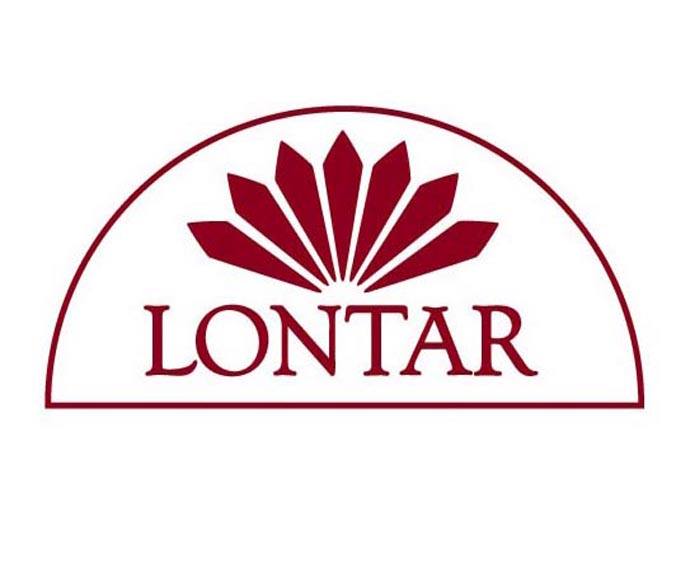The current pandemic reinforces our belief that you can never take anything for granted. Who would have thought that in our lifetime we would be experiencing such a global-wide tragedy or that we would be staying under restricted house-bound conditions for months on end? It almost seems surreal. Well here we are, forced to change our ways, to search for alternatives, to adapt and adopt. With it, has come a constant struggle to maintain discipline in working from home and to ensure we keep to a regular routine. Most of us are doing the best we can.
Going online is what the local publishing industry has had to do in order to survive. According to the Indonesian Publishing Association (Ikatan Penerbit Indonesia/IKAPI), close to 75 percent of publishers have begun selling books on the Web since the pandemic began in early March, even though sales have barely reached 10 percent. What is encouraging, according to IKAPI, is the trend to digitize books initiated by 41 percent of publishers, despite competition from sales of pirated books, that seem to be thriving as well. To ease the plight of the publishing industry, the government has sought to help book sellers by issuing Education & Culture Ministerial Regulation No.5/2020, absolving them of any taxation on their sales during the expected duration of the pandemic.
This unwelcome intrusion on our lives has also played havoc on important international book and literary festivals, requiring their re-scheduling or outright cancellation. So, to commemorate World Book Day on April 23, the Indonesian Literacy Association (Perkumpulan Literasi Indonesia) organized the Indonesian International Book Fair (IIBF) by featuring 30 separate events online on April 24, streamed on Zoom and YouTube daily until May 2. Some 50 literary figures were involved in the programs, discussing their books and related issues. This was followed by lively and interactive Tweets on May 17, which happened to be National Book Day, featuring public figures, academics and entertainers. Clearly, going online and resorting to digital will be an essential part of the new normal.

We at Lontar have not been exactly twiddling our thumbs. In the pipeline are a few new projects including books by Subagio Sastrowardoyo and Heru Joni Putra. (For further explanation, see below.) We are also busy devising ways to market our newest and unique publication, Malay Seals: from the Islamic World of Southeast Asia. Hopefully, by next month we will also be able to share with you our offline activities. Until then, stay safe and healthy.
Yuli Ismartono
yismartono@lontar.org
